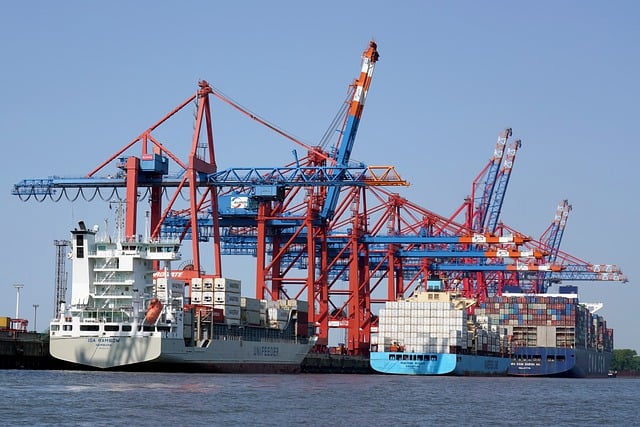
enteredExport agentWhat practical problems can it actually solve?
According to the 2024 trade statistics released by the General Administration of Customs, 32% of small and medium-sized enterprises experienced customs clearance delays due to documentation errors. Professional agencies enhance trade efficiency through the following services:
- Document compliance management: Ensure that 15 types of documents, including commercial invoices and certificates of origin, comply with the latest international standards.
- Dispute Resolution for Commodity Classification: In 2025, customs will add 200 new HS code classifications, with a professional team updating the database in real time.
- Special Supervision Zone Operations: The customs clearance efficiency in special zones such as bonded areas and free trade zones has improved by 40%.
Is self-operated import and export really more cost-effective than using an agent?
The 2024 cost accounting of an electronic components company shows that the use of agency services has reduced the overall cost by 18.7%, mainly reflected in:
- hidden cost control:
- customs clearanceThe demurrage fees caused by errors decreased by 92%.
- International logisticsCost optimization of 15%-25%.
- Human resources savings: No need to maintain a dedicated foreign trade team, saving an average of 320,000 yuan in labor costs annually.
How Will the 2025 Customs New Regulations Impact the Choice of Agency Services?
The upcoming implementation of "Customs declarationThe "Data Standardization Management Measures" require enterprises to use certified declaration systems. Professional agencies have completed the following in advance:
- ERP system data interface integration with the General Administration of Customs
- Blockchain-based evidence storage system for declaration data deployment
- Establishment of a Pre-classification Dispute Ruling Service Channel
enteredExport agentHow to ensure trade compliance?
A medical device company was fined 30% of the goods' value in 2024 due to classification errors, but later achieved:
- Three-tier compliance review mechanism:
- HS code pre-classification service
- Real-time screening of export control lists
- Early warning of technical barriers in destination countries
- Transfer of legal risks: A formal agency contract includes an error liability clause.
What key indicators should be considered when selecting an agency?
It is recommended that enterprises evaluate service providers from the following dimensions:
- The core qualifications: Customs AEO Certification, International Freight Forwarding Qualification
- Data capability: The proportion of direct connection between the customs declaration system and the customs
- Service networks: Number of customs clearance partners in major trading countries
- Crisis management: Major Trade Dispute Resolution Cases in the Past Three Years
Which types of enterprises are most in need of import and export agency services?
The following three types of enterprises are recommended to prioritize professional agency services:
- Small and medium - sized enterprises with an annual export value of less than 20 million: Avoid the financial pressure of building your own team
- Manufacturers involved in sensitive product categories: Such as medical devices, chemical products, etc.
- Traders expanding into new markets: Leverage overseas customs clearance resources through agents to quickly penetrate the market.
In 2025, the restructuring of global supply chains is accelerating, with professional import-export agencies transitioning from being a "cost item" to "value creators." Choosing high-quality service providers not only helps avoid potential compliance losses averaging $136,000 but also unlocks new competitive advantages through trade data mining for market insights.


 Follow Customer Service WeChat
Follow Customer Service WeChat